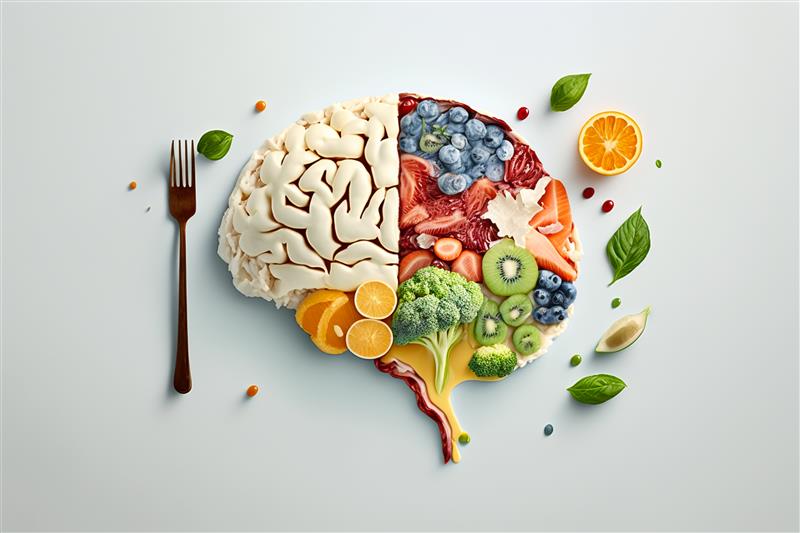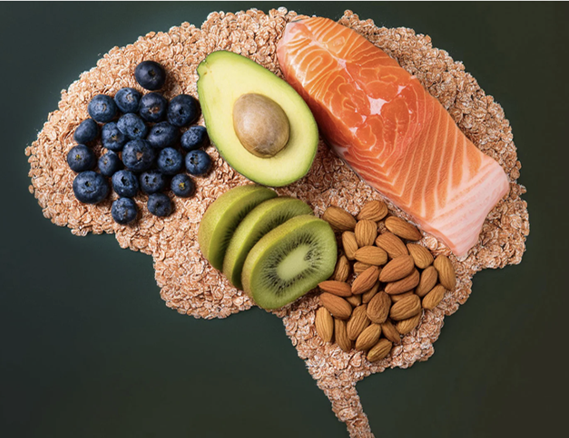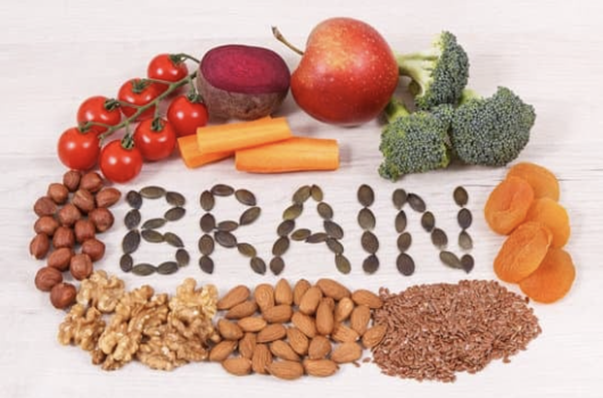
Talk with your personal healthcare provider to discuss what healthy dietary habits may be a good match for you, considering your personal health and medical factors.

Swap out a sugary snack for something healthier – like berries or a handful of mixed nuts.

Add veggies or greens to dinner a few nights a week.

Experiment with new recipes – like meatless protein options, poultry, or seafood instead of red meat.

Switch out the butter and use olive oil for cooking when possible.

Sprinkle in some fresh berries on your morning oatmeal or yogurt.
.svg)

.jpg)











